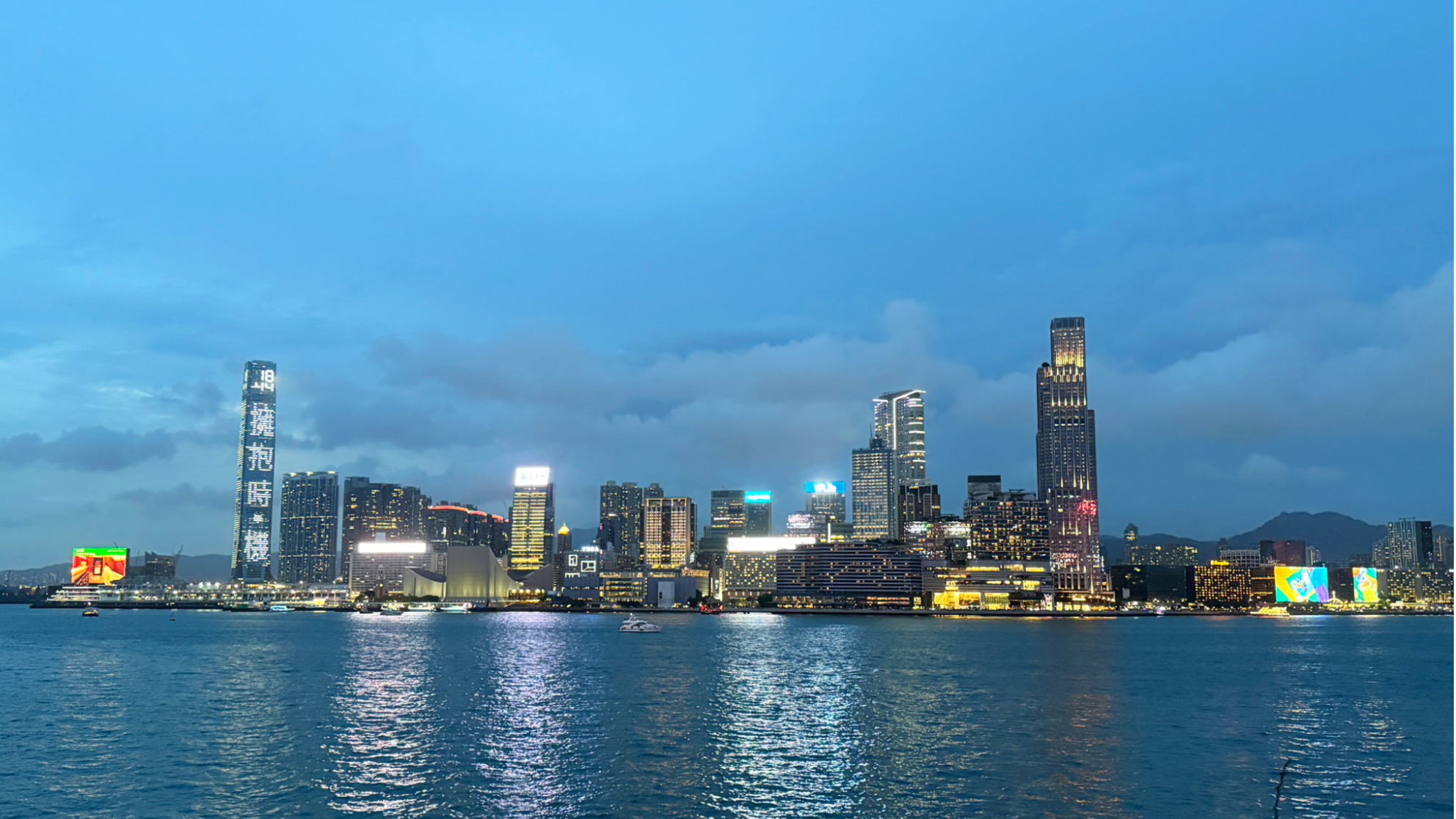
Hong Kong’s economy is expected to pick up speed and grow 2.5 percent in the second quarter of the year, fueled by the recovery in local demand, up from 1.6 percent in the first quarter, according to a macroeconomic forecast released by the University of Hong Kong on Wednesday. This could be the highest quarterly growth rate in a year.
The outlook suggested “the city’s economic growth will mainly be driven by domestic demand in 2025”.
“Mild inflation and interest rate cuts are projected to provide impetus to local private consumption expenditure, which is expected to grow 1.9 percent in the second quarter”, even as structural changes in local consumption habits and increased cross-boundary spending pose challenges.
But the university’s forecast said that US tariffs on multiple countries could weigh on the global economy and present challenges to Hong Kong’s external demand. Earlier this year, the university estimated a 1.6 percent growth for the first quarter, due to “the escalation of China-US trade uncertainties”.
ALSO READ: HK economy has bounced back thanks to government support
The university maintained its forecast for Hong Kong’s economic growth in 2025 to be in the 2.5-to-3-percent range.
This outlook is echoed by banks and financial institutions. Hang Seng Bank, in a February report, said that while the external landscape is becoming increasingly complex, Hong Kong’s economic growth could be bolstered by the stabilization of the Chinese mainland economy, supportive policies, and declining interest rates. The bank said it expects the city’s economic growth rate this year to align with last year’s 2.5 percent.
Citi and DBS Bank also forecast growth of 2.5 percent. Samuel Tse, economist and strategist at DBS Group, said he believes US tariffs will not have too much impact on Hong Kong.
Last year, Hong Kong’s economy grew 2.5 percent — slowing from 2.9 percent in the first half to 2.2 percent in the latter half.
READ MORE: HK economy tipped to post moderate growth
Financial Secretary Paul Chan Mo-Po predicted in February that Hong Kong’s economy would continue on the path of moderate growth in 2025, rising 2 to 3 percent in real terms.
After last year’s adjustments, private consumption is showing signs of stability, he said, adding that a sustained increase in residents’ income and steady development of the asset markets will boost consumption further.
In his weekly blog released on Sunday, Chan said the Hong Kong Special Administrative Region government will continue with its efforts to attract more business travelers through mega events, in a bid to bolster local consumption.
With an array of high-profile events — including sports competitions, art exhibitions, and financial summits — Hong Kong welcomed more than 3.4 million visitors in March as of Friday, a year-on-year increase of 12 percent, he said.


